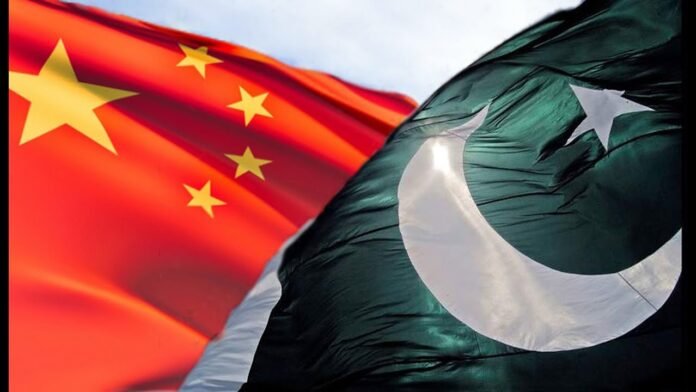The Republic of Pakistan has applied for a time extension on the repayment schedule of $15.36 billion in loans owed to Independent Power Producers (IPPs) for five years. This would be extremely significant because it would help to reduce the burden on the country’s economy, but this requires China and IPPs to agree upon through long negotiations.
Pakistan’s Economic Challenges
Rapidly increasing borrowings have put immense pressure on Pakistan’s economy. Rising external debts make it difficult for the country to meet payment due dates without major fiscal adjustments.
Role of the IMF
However, it is important to note that the International Monetary Fund has been a critical player in shaping Pakistan’s economic structure. Pension liabilities, State-Owned Enterprises (SOEs), and subsidies are among specific elements whose profound understanding will inform the IMF mission in Islamabad about Pakistan’s ability to clear its debts.
China-Pakistan Financial Ties
In addition, China has greatly invested in Pakistan through many projects, such as the China-Pakistan Economic Corridor (CPEC), which includes heavy infrastructure investments by China into Pakistan. These investments have had considerable impacts on the Pakistani economic outlook.
Recent Developments: China
Pakistan has recently approached China for more financial assistance, emphasizing extending loan tenure from Chinese IPPs. In doing so, it seeks to reduce immediate financial pressure on its economy.
Independent Power Producers (IPPs) Debt
This debt amounted to $15.36 billion and was used to finance various power projects under CPEC, such as coal, hydro, wind, transmission lines, etc.
Economic Impact: China
Repaying such a huge amount of money within a short time puts too much stress on the Pakistani economy, which could be relieved if the terms are extended over a longer period, giving fiscal room for other issues affecting her economy.
Proposal to China
Pakistan is proposing a five-year extension to its responsibility of paying back $15.36 billion in IPP debt. This extension aims to reduce the immediate financial strain and allow payments to be spread over longer.
Benefits of Extension
Extending this period could lower electricity tariffs, make power affordable, and reduce the financial burden on households and businesses. Furthermore, it can help with cash flows, thereby supporting economic growth in Pakistan.
Negotiation Challenges
Approval from the Chinese government must be sought. Therefore, strong diplomacy involving high-level strategic negotiations will be required.
Contract Adjustments
Moreover, there is another significant challenge: adjusting IPPs’ existing contracts. The outcome of these discussions should ensure that both parties interests are satisfied through intricate legal and monetary adjustments to receive mutual benefits.
IMF’s Requirements
IMF demands transparency in Pakistan’s fiscal obligations, highlighting pension liabilities, SOEs, and subsidies.
Power Tariff Adjustments
The IMF has also reported that the organization has been engaged in highly contested deliberations regarding power tariffs. One suggestion is an increase between 5-7 rupees per unit, which would raise the average tariff to about 35-36 rupees per unit, with severe consequences for consumers.
Electricity Tariffs Impact
As such, already strained electricity tariff structures in Pakistan have high consumer costs affecting households and businesses, while further challenges from IPP debt repayments continue to add insult to injury.
Proposed Tariff Hikes
Also, proposed tariff increases from the IMF might raise electricity costs even more, making power less affordable. However, extending the loan repayment period may mitigate these increases slightly, thus giving some relief to consumers.


